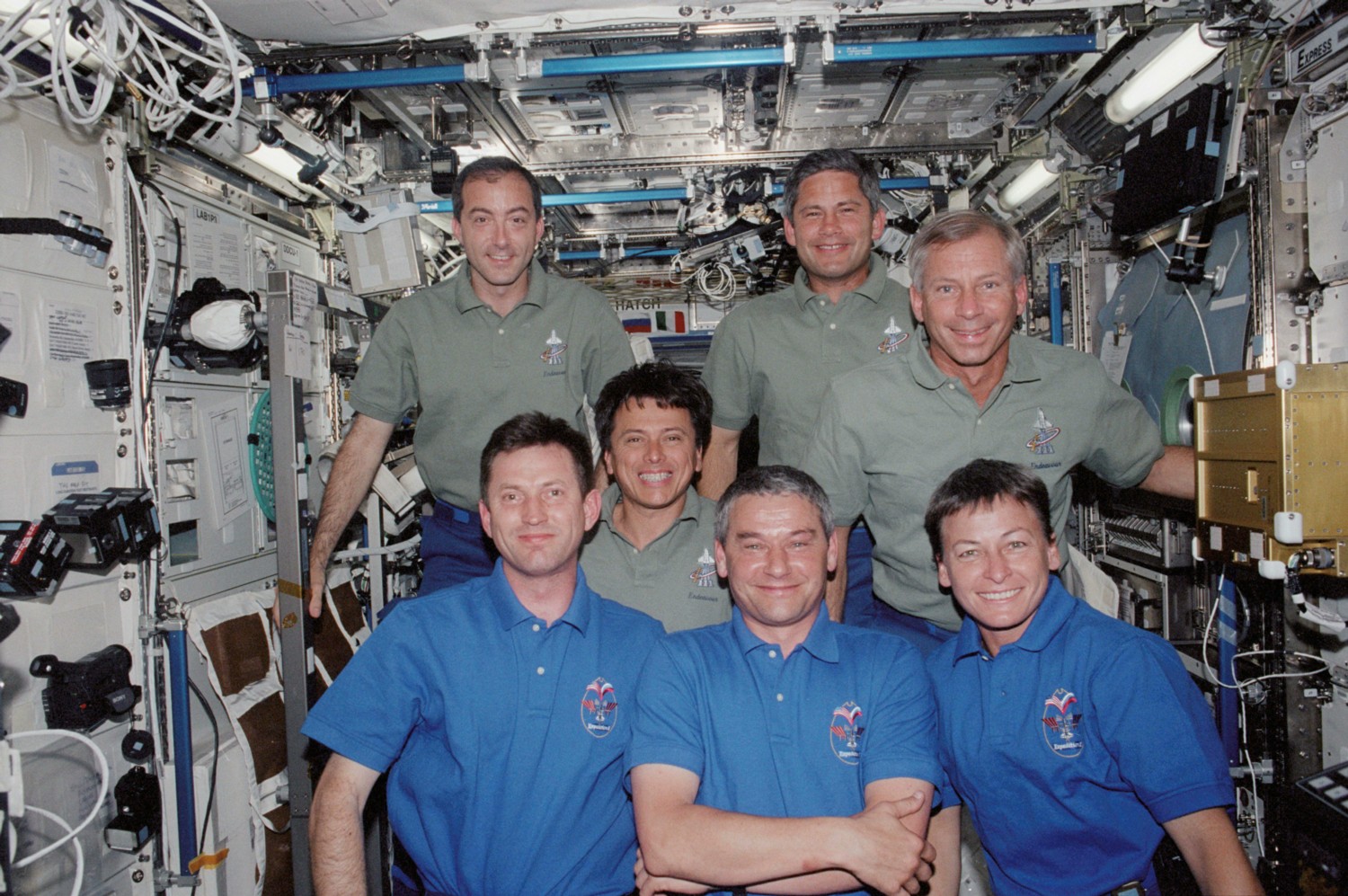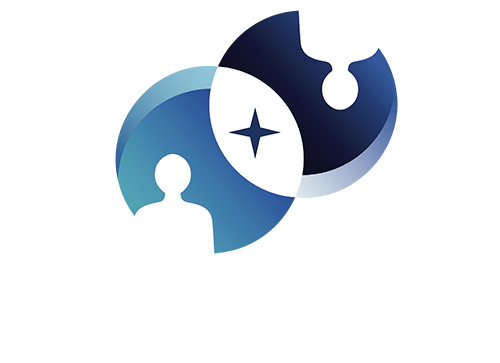Date :
State of progress :
Ended
Objectives :
Study of the effects of confinement on the human body
Assessment of risk-taking in degraded conditions
Partners :
ESA, CNES
This study was conducted by MEDES on behalf of ESA and CNES in 2003.
Its goal was to study and assess the influence of the composition of crews (in manned spaceflight) on risk perception and risk taking under conditions of hypnic and chronobiological stress.

Study objectives
As part of the preparation for long duration missions and the prospect of interplanetary missions, the aim of this project was to estimate the vulnerability to risk taking of 12 healthy male volunteers compared with 12 healthy female volunteers under conditions of sleep deprivation and chronobiological stress.
Implementation of the study
Chronobiological stress conditions were achieved through isolation and confinement lasting eight days in the Space Clinic, combined with conditions of low-intensity artificial lighting such as that recommended for spacecraft by NASA.
Acute sleep deprivation of 24 hours was induced at the end of this period of isolation and confinement.
The volunteers also underwent acute sleep deprivation without prior isolation and confinement, in order to assess the effects of this deprivation alone.
The 24 healthy volunteers were divided into four groups of six (three men and three women per group).
A battery of tests to assess risk taking, level of alertness and performance was conducted during the eight days of isolation and confinement, before and after the sleep deprivation, and after sleep deprivation not preceded by a period of confinement (normal living conditions with controlled sleep-wake hours).
The consequences of the stress conditions typified by the acute sleep deprivation and chronobiological stress were also evaluated on the endocrine and immune systems (cortisol and cytokines assayed in saliva) and on regulation of the cardiovascular system by the autonomic nervous system (heart rate variability).
Conclusions
Les résultats de cette recherche sol ont eu pour but de permettre de préciser les conséquences de la privation de sommeil et du stress chronobiologique sur la prise de risque, les performances, et les paramètres physiologiques liés au stress.
A terme, les résultats ont pour objectif de permettre une meilleure organisation de la composition des équipages des vols spatiaux et de l’attribution de tâches en fonction des risques encourus entre les hommes et les femmes.


